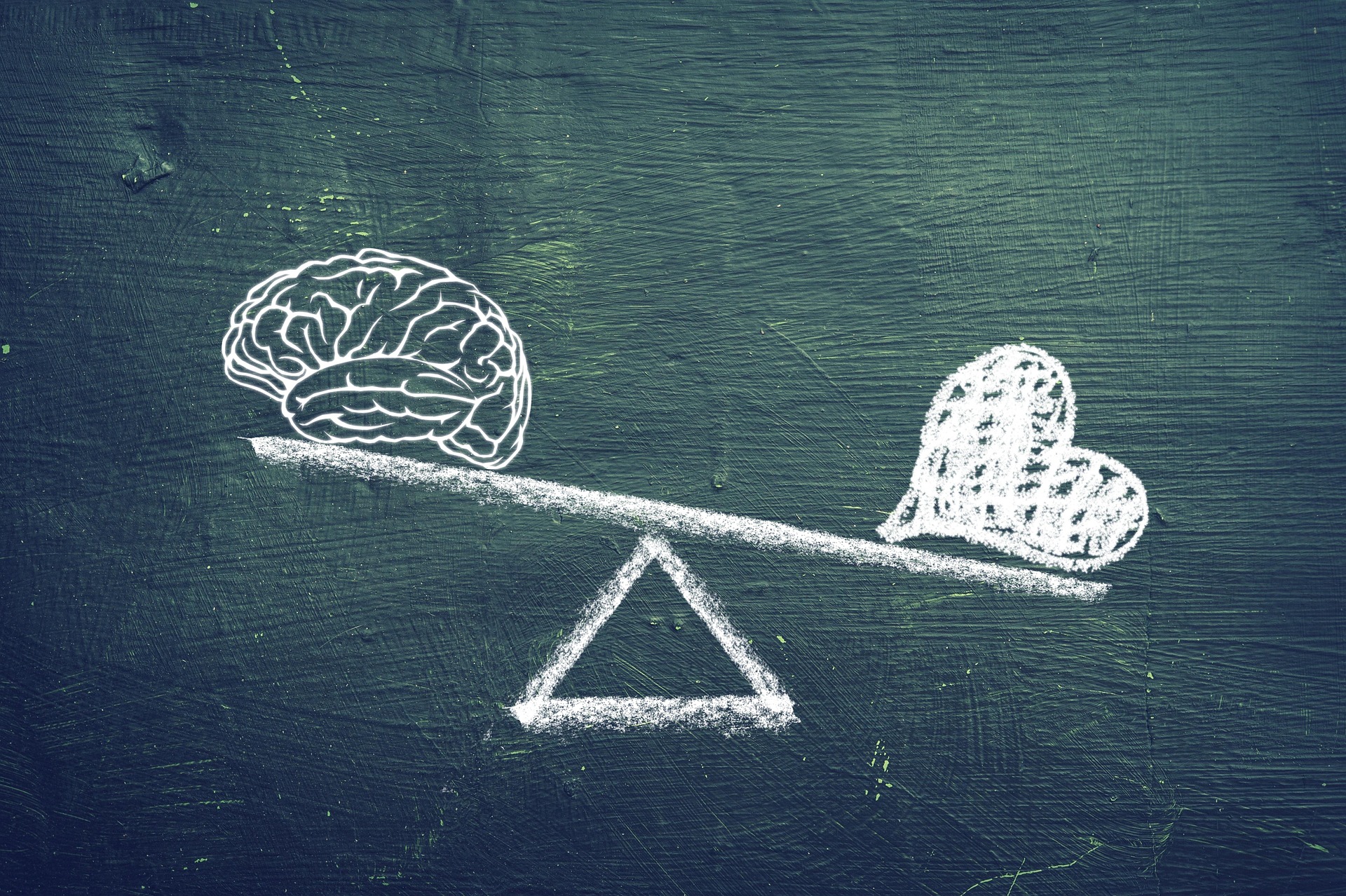Urgent Care
Diagnosis, treatment, and services for your everyday medical needs such as flu shots and lab work.
Nov 09, 2022

Living a proactive and healthy life is simple if you let it be.
You know the rules, don’t you? Eat healthy, exercise, get regular check-ups, and receive medical attention when needed, and you will have the much-desired lifestyle that you have only read about, yet most people have a difficult time following this structure. I’m sure you have made the typical excuses, “I worked all day and don’t want to go to the gym”, or “I’ll be fine, I’m sure I didn’t break anything”, and the coveted “I don’t want to waste my time at urgent care”. These are all rationalizations that lead to lazy, destructive lives due to a lack of knowledge on how to improve your decision-making. Lucky for you, there is a formula.
Most people don’t know the difference between rationality, rationalism, and rationalization. They all may appear similar, but they are strikingly different from one another, so much so that your entire life can change just by understanding these individual philosophies. Each idea represents and examines concepts and strategies in life, however, depending on which one you choose your existence will either turn out to be one with good health and happiness and the other, well, not so much.
Although the words may sound similar, rationalism is much different from rationality. The main point is that rationalism is knowledge that cannot be confirmed with observation.
The best, albeit counterintuitive example would be intuition (see what I did there?). This is the ability for people to know things that are determined by the unconscious mind, in other words, something that you don’t see but can feel. We all have had moments where we have some sort of gut instinct that something eerie is lurking in the shadows and perhaps it’s best to take a taxi home rather than walk only to discover the next day that there was a mugging at that very spot. Coincidence? It’s impossible to say because this philosophy is cloaked by its own theory, thus making it more skeptical than rationality.
Think of it like this, you step on a jagged piece of glass, and it punctures your heel. You aren’t sure how deep the cut is so you don’t think it may be worth visiting an urgent care facility because it is a waste of time. The wound won’t stop bleeding and the pain won’t decrease. Is it better to listen to your gut where there is no visible proof or take an easy ride to a medical facility to have it examined? The choice is simple, get it checked. It sounds obvious but the safer play is to always use legitimate proof.
But really, at the core, rationalism simply means the school of thought that argues that the truth can only be found through mental operations that bypass the evidence offered by senses. René Descartes is arguably the most famous rationalist philosopher famous for his extremely skeptical attitude to the input from senses, and for stating “I think, therefore I am” – the quintessential example of deriving the truth by logical reasoning from the data available to the mind without the input from senses.
Rationality is the method for solving problems with logic and well-structured thinking.
If X than Y.
If you eat unhealthy food, your body gains fat. If you smoke cigarettes regularly, you are more likely to have lung cancer. If you break your arm, you should visit an urgent care facility and get a cast.
These are simple examples of cause and effect. If you do “X” then “Y” will happen. It’s a simple mathematical equation that can radically improve your life, but many people have a hard time solving it. The conundrum isn’t that the equation is confusing but that it requires consistent discipline, sacrifice, and most of all, toughness. Whoever said that working out every day and eating clean is a simple task was a liar and most likely was preaching to the choir. This formula is simple in theory yet difficult to live by due to the everyday struggles that people have. Children, work, relationships, and personal obligations all can complicate this equation yet it’s crucial not to fall into the trap of excuses.
Having a sense of rationality will not only construct a proactive life but will also help you sustain one. It’s an important foundation to live by because it will create a consistently safe and well-thought-out strategy on how to avoid danger and physical harm while simultaneously helping maintain your health and safety. With that being said, don’t confuse rationality with rationalism.
The worst thing you can possibly do is rationalize a situation. This is an act of attempting to explain or justify behavior with logical reasons even if they are not appropriate.
Cigarette smokers are the best example of this. Take John. His boss has been chewing him out all day due to his lack of accomplishments. He is then asked to stay late so he rationalizes to himself that a few puffs will calm his nerves and give him some newfound energy even though it is scientifically proven that cigarettes are extremely harmful to the human body and don’t really supply any organic vitality.
People are always looking for ways to rationalize their self-destructive behavior so they can ignore the problems that they are too scared to face. This negligence is not only harmful to yourself but to those around you. Think of your children, partner, or friends. These people care deeply about you and want what is best for you so when they suggest you should change your eating habits or pay a visit to a nearby urgent care facility for a physical, listen. To rationalize make-believe stories about your health is as foolish as it is incorrect.
These are the moments when it’s time to use the basic rationality formula—if you have been feeling unwell, then you should seek medical attention to receive a diagnosis.
The best approach to pursuing a proactive life is to live with a sense of rationality. Be calculated and wise with your decisions rather than following unproven theories because when it comes to your health, it’s never safe to trust anything besides facts. Be smart, be safe, and always use your head rather than your heart!
* Legal disclaimer: The content of this article and the entire Chai Care blog is for educational purposes only; it does NOT constitute medical advice and must not be considered as such. Please consult a medical professional regarding any symptoms or health concerns you or your loved ones.

Nobody wants to spend hours sitting in a crowded emergency room, especially when you or your loved ones…

In today’s fast-paced world, time is a precious commodity, especially when it comes to healthcare. At Chai Care,…

Healthcare is the cornerstone of a thriving society, and at Chai Care, we firmly believe that it should…

In the fast-paced world of urgent care, every moment counts. When patients walk through our doors at Chai…

Major or small, we can all think back to a time when we cut, scraped, or grazed ourselves.…

Kids are bound to injure themselves at some point or another. Sometimes it’s a broken bone after taking…

There is no other way of saying it, but we all poop. It’s something every person does and…

Broken bones are no joke. Injuries like breaks and fractures can have long-term effects if gone untreated and…